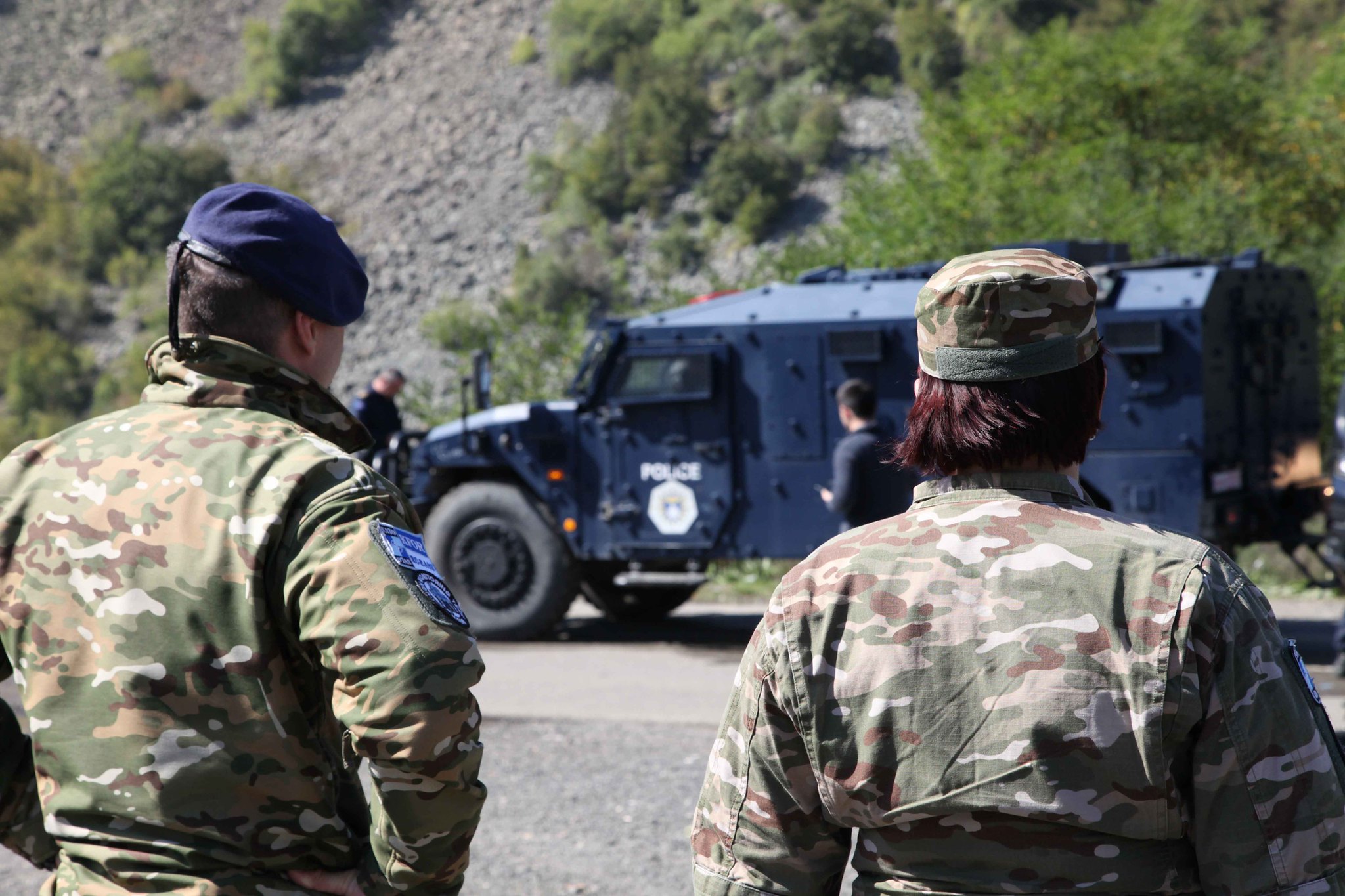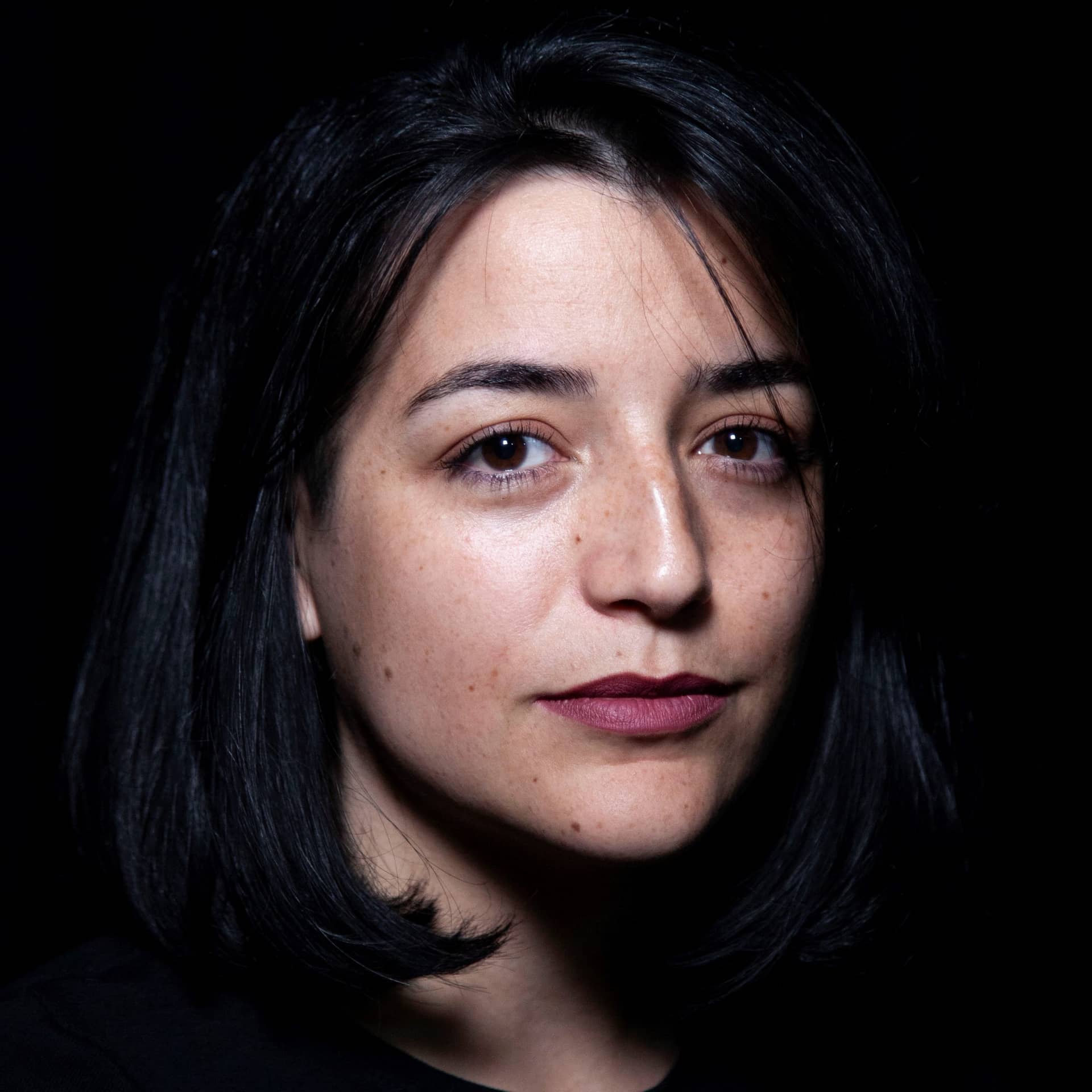
What’s happening in the north?
Tensions again in Kosovo's Serb-majority municipalities in the north.
Elections results

Gentiana Paçarizi
Gentiana Paçarizi is managing editor at K2.0. She has completed a master’s degree in Journalism and Public Relations at the University of Prishtina ‘Hasan Prishtina’.
This story was originally written in Albanian.